PHP vs IOP: Understanding the Right Path to Recovery
Table of Contents
Getting help for addiction or mental health issues is a big step. But many people feel unsure where to start or what kind of support they need. If you’re ready to take action, you have options, but don’t require inpatient care.
Two strong choices are the partial hospitalization program (PHP) and the intensive outpatient program (IOP). Both offer structure, therapy, and support, but vary in intensity and time commitment.
Understanding PHP vs IOP can make the decision easier. The right fit depends on your stability, daily schedule, and the kind of help you’re looking for.
At West Side Recovery, we provide partial hospitalization programs and intensive outpatient treatment programs for clients in San Diego. If you’re wondering where to begin, we’re here to walk you through the process.
What is a Partial Hospitalization Program (PHP)?
What a PHP Program Offers
A partial hospitalization program (PHP) is a day treatment option. It’s more structured than typical outpatient care but less restrictive than complete inpatient treatment. Clients attend PHP five to six days a week for four to six hours per day and return home each evening.
What is a PHP program used for? It helps people who need regular clinical support but don’t require 24/7 supervision. This might include those recovering from medical detox, people stepping down from inpatient rehab, or those managing both substance use and mental health concerns.
Services in our partial hospitalization program San Diego location include:
- Group therapy and individual counseling
- Psychiatric assessments and medication management
- CBT, DBT, and holistic wellness activities
- Structured daily routine and clinical supervision
Clients in PHP are expected to engage fully in treatment and actively work on goals such as relapse prevention, emotional regulation, and developing healthy habits. Participation is key to getting the most out of this level of care.
Partial hospitalization program mental health services are essential for individuals experiencing mood disorders, anxiety, or trauma symptoms. Daily treatment offers consistency that’s critical during early recovery. PHP builds a foundation and gives people the structure they need to move forward.
This option is often the first outpatient step after fentanyl detox, alcohol detox, or drug detox. For many, it marks the beginning of true healing.
What is an Intensive Outpatient Program (IOP)?
How IOP Helps Maintain Progress
An intensive outpatient program (IOP) provides treatment several days a week but with fewer hours than PHP. Clients typically attend three to five times weekly, for two to four hours per session. The goal is to support ongoing recovery while allowing for more flexibility.
What is an Intensive Outpatient Program good for? It’s a step-down option for those coming from PHP or inpatient rehab. It’s also an entry point for individuals who need more than once-a-week therapy but still have responsibilities like work or school.
Our intensive outpatient program San Diego provides:
- Therapy in both group and individual formats
- Life skills development and relapse prevention
- CBT, DBT, and expressive activities like art, surfing, yoga, and skateboarding
IOP sessions focus on helping clients apply what they’ve learned in higher levels of care. This phase is often about building independence and reinforcing positive choices.
Intensive outpatient program mental health services help people deal with depression, anxiety, and trauma in a flexible format. IOP supports long-term stability while allowing for more independence.
Clients can live at home or in sober living while attending treatment. This arrangement allows them to use their new skills in real-life situations while maintaining the safety net of professional support.
PHP vs IOP: What Sets Them Apart
Comparing IOP vs PHP in Structure and Focus
When deciding between PHP vs IOP, consider how much support you need each week. Here’s a closer look at the key differences:
1. Time Commitment
- PHP: Up to 30 hours per week of structured treatment
- IOP: Around 9 to 15 hours per week, depending on the schedule
2. Medical and Clinical Oversight
- PHP includes regular medical check-ins, medication-assisted treatment when needed, and psychiatric support.
- IOP provides therapy and monitoring, but with fewer clinical hours.
3. Suitability
- Partial hospitalization programs work best for those early in recovery or managing severe symptoms.
- Intensive outpatient treatment programs are better for clients who are further along and want to maintain momentum.
4. Flexibility
- IOP is easier to balance with jobs, school, or caregiving.
- PHP may require time off to attend consistently, but it offers higher structure.
PHP often includes more layers of support, especially for clients transitioning out of detox or inpatient rehab. The PHP routine helps create a foundation for the skills that IOP continues to develop.
Both formats help build skills, support recovery, and treat dual diagnoses when present. The decision often comes down to current needs, support at home, and whether a person has already completed medical detox. Having professional guidance during this decision-making process is helpful.
PHP vs IOP for Depression and Mental Health Needs
Choosing Based on Symptom Severity
For clients dealing with mental health disorders like depression, choosing between PHP vs IOP for depression depends on how those symptoms are affecting daily life.
IOP vs PHP mental health considerations include:
- Adult partial hospitalization program care provides daily therapy and psychiatric support for people whose symptoms interfere with regular functioning. It’s ideal for those with limited coping tools or ongoing crises.
- Intensive outpatient program mental health services are suitable when depression or anxiety is more stable but still needs regular attention. Clients can manage daily routines with support from structured therapy.
At West Side Recovery, our staff works closely with clients to recommend the best level of care. We consider symptom intensity, past treatment, and current stability.
Both PHP and IOP allow for the use of therapies like CBT, DBT, and mindfulness. These tools help manage emotional distress, understand behavioral patterns, and improve communication.
Whether your needs are primarily emotional, substance-related, or both, our programs are equipped to help you build a better foundation. Effective mental health treatment can improve many aspects of life and help you feel more in control.
Call West Side Recovery Today
Choosing between PHP vs IOP depends on your recovery stage. PHP provides more structure and hands-on care for newly sober people or those facing severe symptoms, while IOP offers flexibility for people who want to keep healing while managing everyday tasks.
At West Side Recovery, we’re here to help you figure it out. We offer both a partial hospitalization program in San Diego and an intensive outpatient program in San Diego. Whether you need daily structure or a few hours a week, we’ll support you with proven therapies and compassionate care.
You don’t have to make this decision alone. Our experienced team can answer your questions, explain the programs in more detail, and help you find what works best. There’s no one-size-fits-all in recovery, and we’re committed to helping you get the right level of support.
Call us today at 619-853-1670 to learn more about PHP and IOP. Our team will answer your questions and help you start the path that fits your life.
FAQs
It depends on your current symptoms, support system, and previous treatment. PHP is more structured, and IOP offers more flexibility.
Yes. Your treatment plan can change if your needs change. We reassess regularly to keep you on the best path.
Most insurance providers cover both. Call us at 619-853-1670 to verify your benefits and get help.
Many clients move into standard outpatient care or join alumni support groups. We’ll help you stay connected and focused on your goals.
Yes, if symptoms are manageable. For more severe cases, partial hospitalization program mental health services may be more appropriate.




